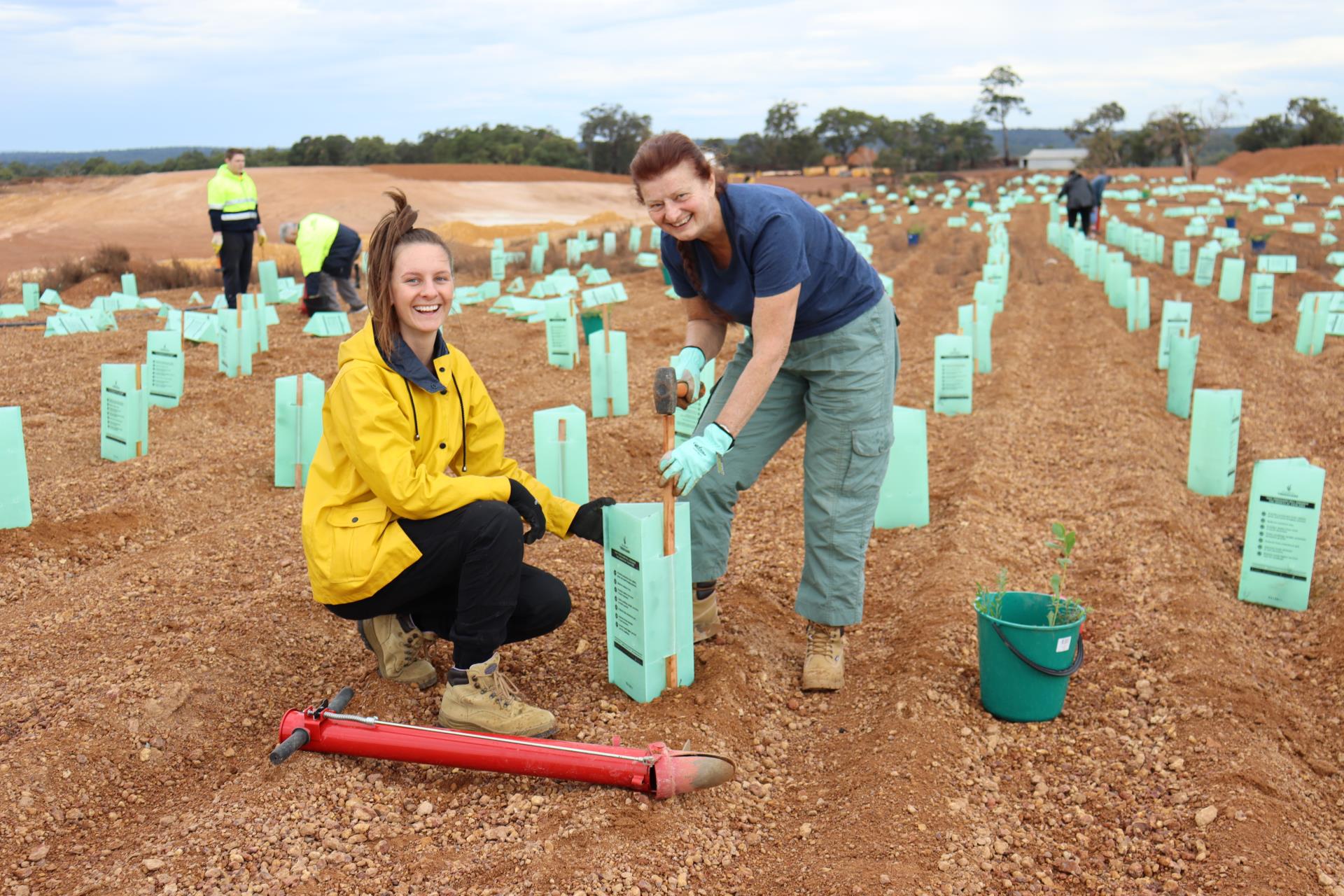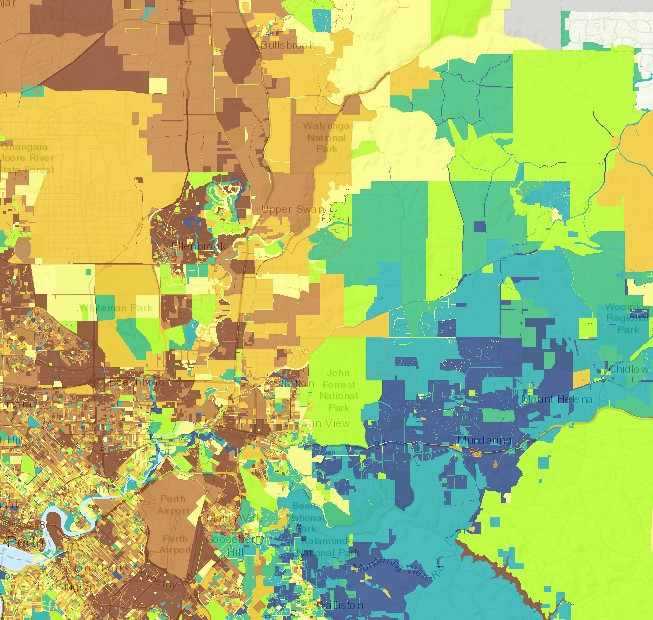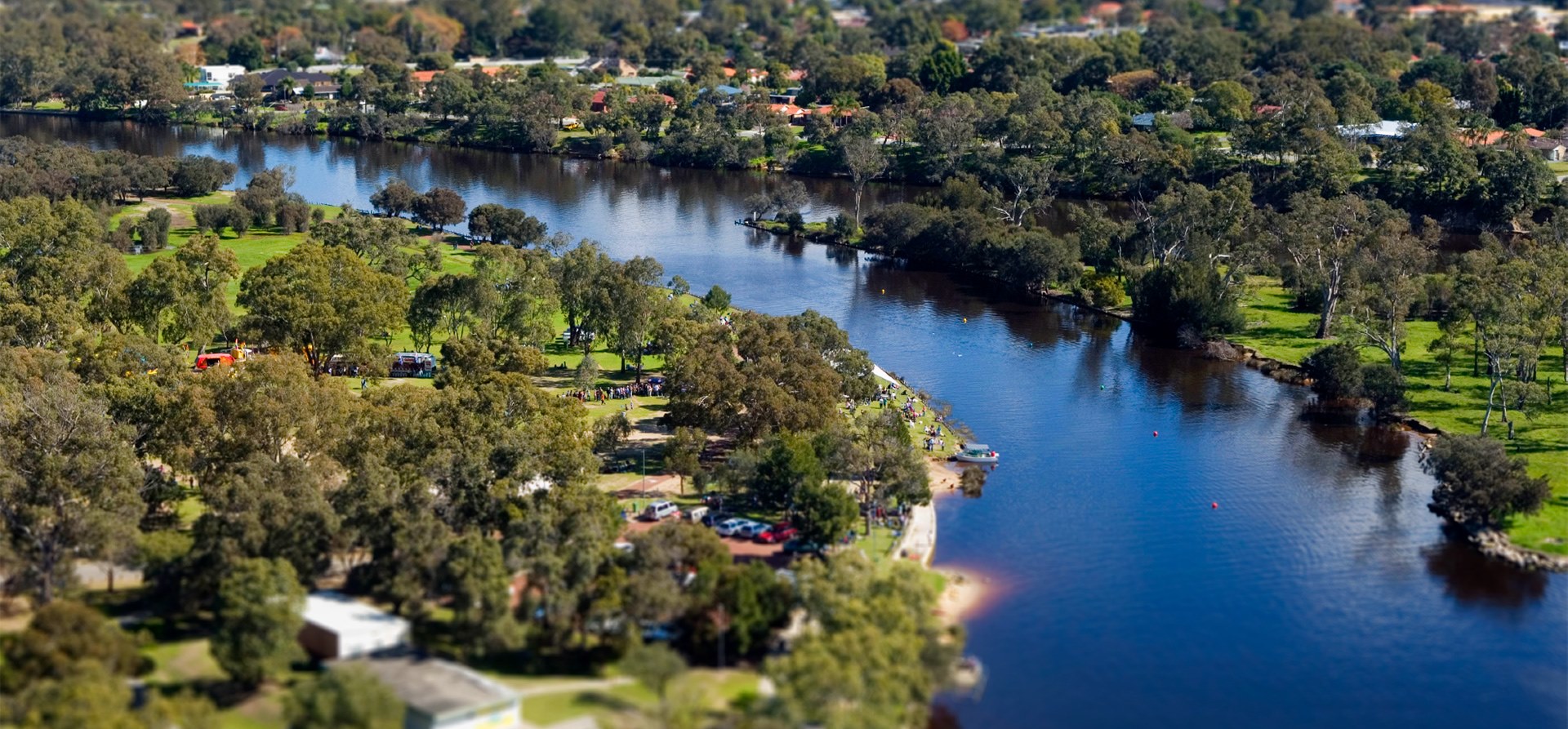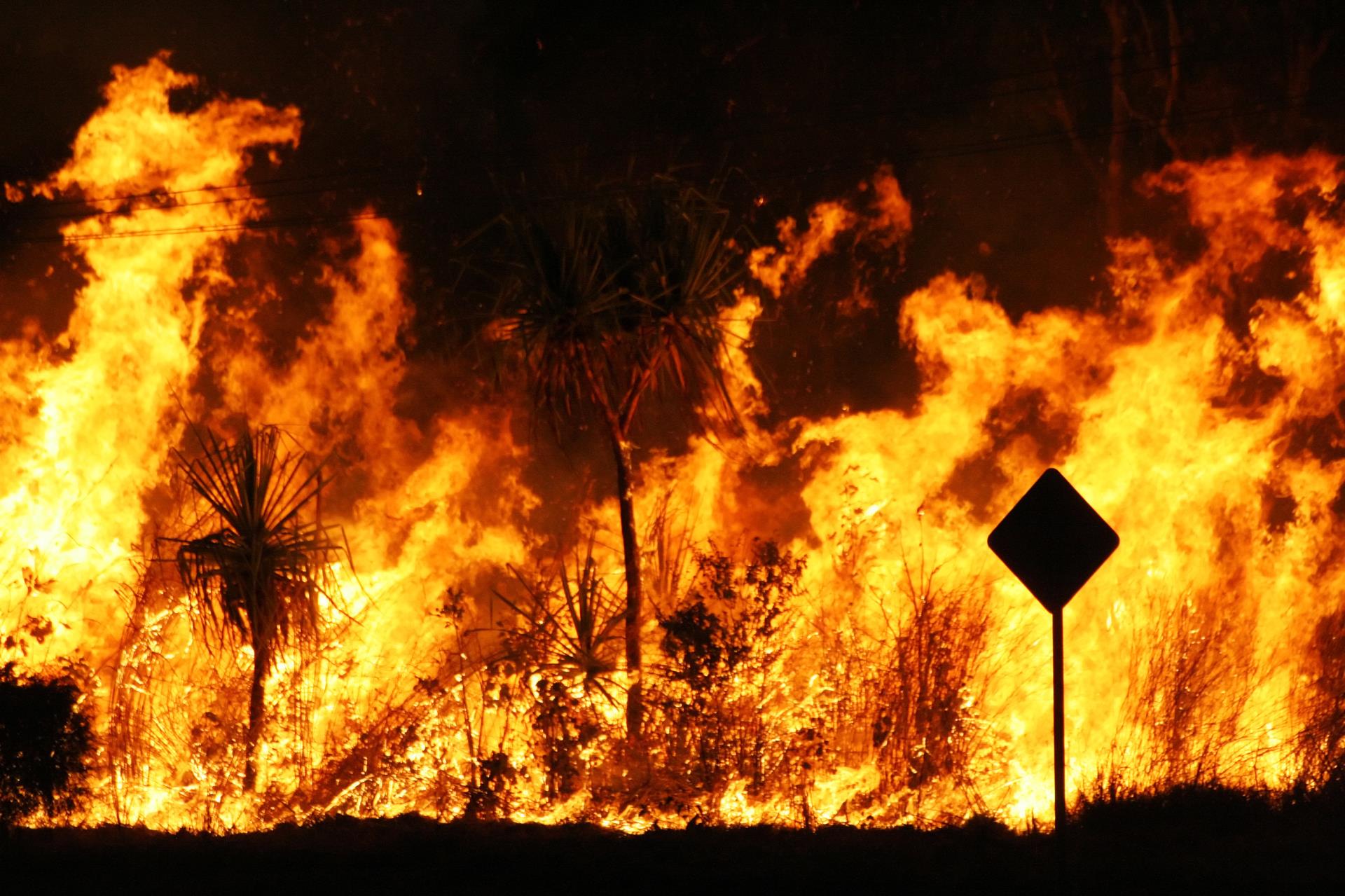Climate Change
The EMRC is committed to reducing our environmental impact and responding to a climate emergency.
On 15 May 2021, the EMRC committed to WALGA’s Climate Change Declaration that demonstrating acknowledgment of the impacts of climate change and commitment to developing locally appropriate mitigation and adaptation strategies to manage climate change. Most EMRC member Councils have also signed the WALGA Declaration and also Declared a Climate Emergency.
Rehabilitation at Red Hill
The EMRC Red Hill Waste Management Facility is located in the Perth hills in an area that is primarily Jarrah, Marri and Wandoo Woodland. The EMRC progressively rehabilitates the land over the closed landfill cells increasing soil stability, providing habitat for local fauna, supporting biodiversity and increasing amenity for our neighbours.
Annual planting days are held on the site in areas designated for rehabilitation. More than 187,500 local native tube stock have been planted since 1992, rehabilitating approximately 65 ha of land (as at July 2021). Since the program began, the plant list has been refined from approximately 80 native plant species to 14 species under 3 different families, including Acacia, Calothamnus and Hakea, which has seen an increase to a 60% plant survival rate.
To learn more about the Red Hill facility, including land rehabilitation, register for our next tour – here

Urban Forest and Heat Island
Perth's Eastern Region, like most urban settlements around Australia, is feeling the pressure of increasing urban density due to population growth. However, this increased density is coming at a high cost to urban vegetation with trees and vegetation cleared to make way for housing. Adding to this are the impacts of climate change on urban areas, including longer and hotter heatwaves, and increased frequency of extreme weather events.
Research has shown the benefits of increased urban vegetation and urban canopy include:
- reducing the urban heat island effect
- reducing the running costs of buildings (e.g., heating and air conditioning)
- improving human health and wellbeing
- improving air and water quality
- improving biodiversity
- mitigating the impacts of climate change.
The EMRC works with its member Councils to reduce canopy loss and increase urban vegetation for more resilient, sustainable, productive and liveable communities.

Understanding and Managing Flood Risk
A need for current flood risk information for the Swan River and Helena Rivers was identified in the EMRC’s Regional Climate Change Adaptation Action Plan (RCCAAP) 2009-2013.
The four-stage regional project, Understanding and Managing Flood Risk in Perth's Eastern Region, was a flood study for the Swan and Helena Rivers to assess risk, collate data, prepare mapping and develop floodplain strategy and community awareness in relation to managing flood risk.
- Stage 1 – Hydrology
- Stage 2 & 3 – Hydraulics and Risk Assessment
- Stage 4 – Understanding Flood Risk Adaptation Planning
- Community Awareness Campaign (2021) – ‘Flood Aware. Be Prepared’
For more about the project:

Bushfire Preparedness and Resilience
EMRC member Councils include suburbs at risk of bushfire, especially parts of the Shire of Mundaring and City of Swan.
Recent climate change projections include that:
“Western Australia can expect longer fire seasons, with around 40% more very high fire danger days.”
(Source: https://www.climatechangeinaustralia.gov.au/en/changing-climate/state-climate-statements/western-australia/ )
The EMRC supports its member Councils through identifying and progressing projects that assist with bushfire preparedness and resilience, and climate change adaptation and mitigation.
Helpful links:

Past Climate Change Projects
Future Proofing
The Future Proofing Program ran from 2008 to 2016 with the aim of completing actions to assist and prepare Perth's Eastern Region to adapt to the impacts of climate change. The program included developing a Regional Climate Change Adaptation and Mitigation Plan and plans for each of our member Councils.
Since this time, the action plans have been reviewed and updated where required, and in some cases have been integrated into existing council plans and strategies.
The program also included a 6-part seminar series in 2013 and 2014.
